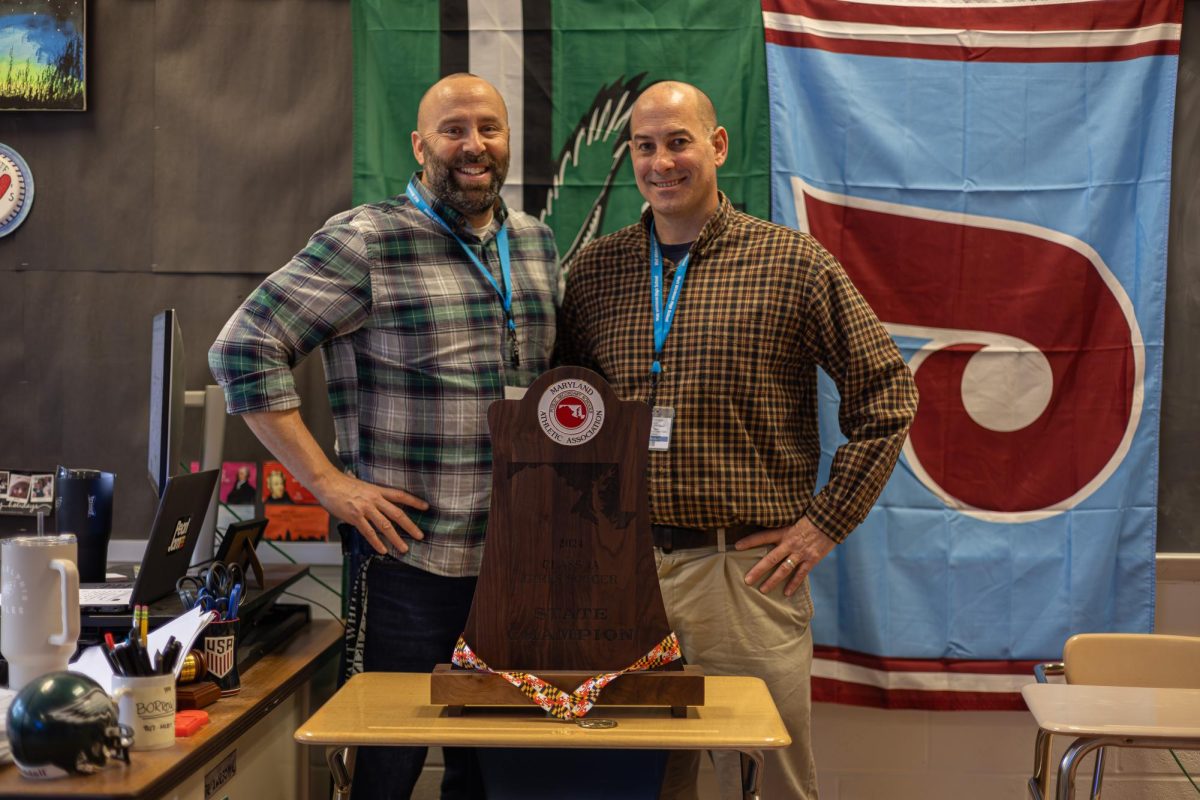Students commonly strive to get into top-tier colleges by sacrificing sleep and sanity for APs and extracurricular activities that might look good to a college admissions board. This is commonplace, New York Times columnist Frank Bruni says.
Bruni, also author of the new book “Where You Go Is Not Who You’ll Be,” spoke to parents and students Monday night in the auditorium, stressing that students’ passions and work ethic will define their life more than the name of their college will.
“It’s easy to outsource your judgment and accept perceived wisdom,” Bruni said. “The fact that there is a finite list of schools that have long been venerated, it makes it easy for people to say, ‘Look, I’m going to locate my aspirations and set my sights on that school.’”
Parent and student attendees generally agreed with his points, and the bulk of questions focused on how to best guide students through the application process.

The Counseling Advisory Committee, which is primarily comprised of parents, organized the presentation and Q&A session, along with the book signing that was held immediately after. The committee members who were familiar with Bruni’s book and columns thought that hearing him speak would help parents approach college admissions season in a healthier, more supportive way.
It’s easy to subscribe to the Ivy League attitude, resource counselor Fran Landau said.
“You’re not a better person for getting into Harvard or Yale,” Landau said. “That really isn’t the measure for your success in life, or your happiness or how good you are.”
Nevertheless, people are still obsessed with colleges’ statuses and rankings.
“In the same way they want to wear Prada if they can afford it, they want to put a Yale T-shirt on their son or daughter’s frame if their son or daughter can get in,” Bruni said.
But, like Prada, a school name is just a label. It takes more than the name of a college to become successful, principal Alan Goodwin said.
“So much of what happens in the world depends on chance. It depends on hard work. It depends on networking,” Goodwin said. “It’s much more complicated than just going to the selective school.”
Bruni emphasized the need to extend the intensity of academic focus into the aspects of students’ lives that they are passionate about .
“We should focus on having a good time in high school because that’s what it’s for,” said sophomore Rachel Hazan, who attended the presentation. “We should live in the present and spend less time looking to the future.”
Bruni also spoke about about losing focus of the purpose of college—pursuing academic passions and interests—during the craze of the competitive application process.
“Worry more about excellence for the sake of excellence,” Bruni said, “and less about racking up certain achievements because they’re going to impress a college admissions committee.”









